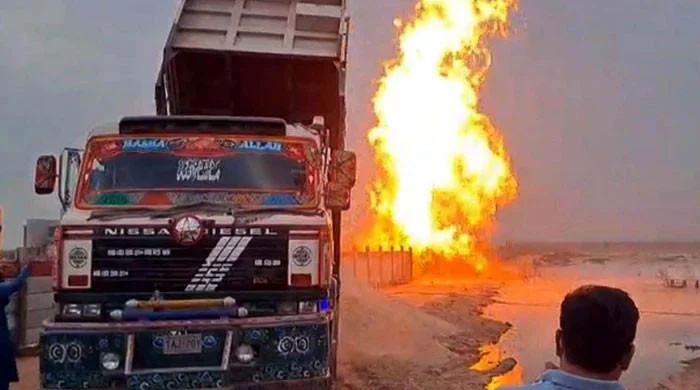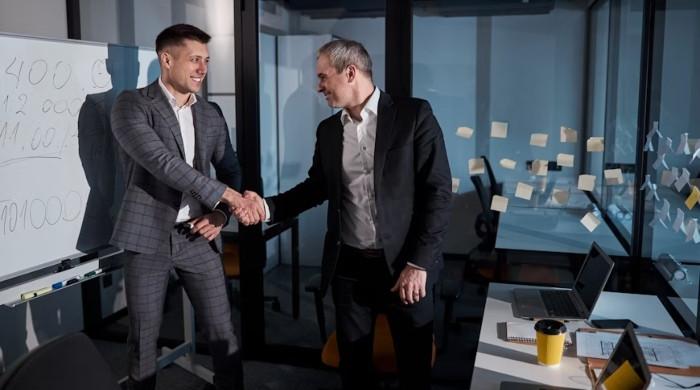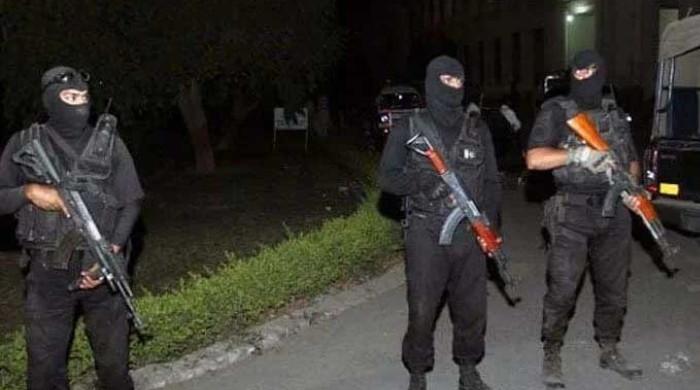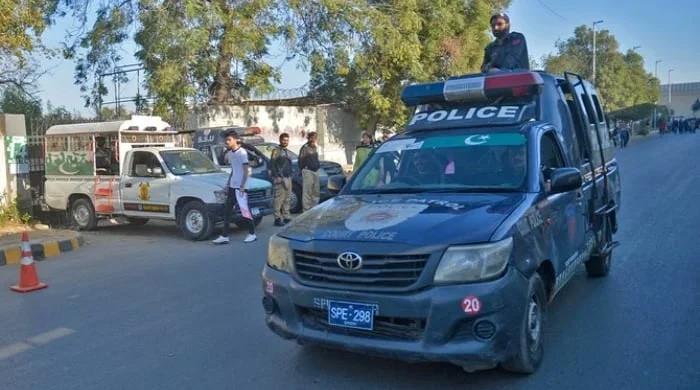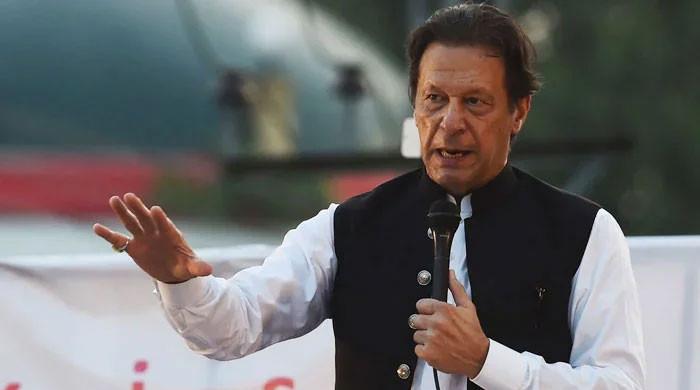At the end of the day…we are responsible
At the end of the day…we are responsible
After arriving home from his office, a man immediately realised something was wrong, only by looking at the expressions of his anxious...
October 29, 2016
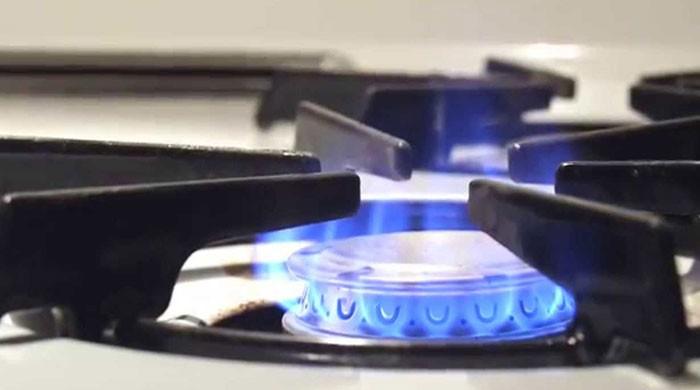
At the end of the day…we are responsible
After arriving home from his office, a man immediately realised something was wrong, only by looking at the expressions of his anxious wife. She told him that the gas was cut off and she would be unable to make tea for him.
The man had listened to the tales of gas suspension in the suburban areas, however, he got worried after listening to his wife. He immediately went to the kitchen, checking whether everything at his end was okay. He couldn’t find anything wrong.
The family ordered the dinner from a local restaurant. Morning arrived, the wife immediately went to the kitchen but returned disappointed. The man left the house empty stomach along with his children.
Along the way, he arranged the lunch for the children and dropped them to their school. Quite upset, the man started thinking whether the gas would be available in the evening and if that doesn’t happen what would he do. But suddenly he was besieged by the memories of his past.
He started remembering that he was born in a relatively posh and educated area of Lyari named ‘Bihar Colony’. The name was coined because most of its residents belonged to the Indian state of Bihar before partition.
As he was engulfed in the memories of his childhood, suddenly, his phone rang. The call was from his office. The man had to return to present from the past. He listened carefully to what the Assignment Desk was saying to him. He again started thinking how his life had progressed. From being a student to a journalist and then starting a married life. He was now the breadwinner of his little family out of the extended family of his father.
He recalled that his father used to say that when the Muslims of subcontinent demanded a separate homeland under ‘Two Nation Theory’, his grandfather, father and his uncle had also played a part in the struggle. Pakistan came into being on August 14, 1947. The man’s grandfather migrated to Pakistan from the Indian state of Bihar. His father did not even have money to construct a wall around the two 120 square yard plots. He somehow managed a hut-like house. Only six years after the creation of Pakistan, the man’s grandfather passed away, leaving his father and uncle orphan.
His father and uncle faced hardship in the beginning of their lives. They never backed away from hard labour. They worked in a factory, a grocery store and also worked in a stationery shop but never backed away from the struggles of their life. They even saw the ethnical unrest, big or small floods and the wars of 1965 and 1971 but kept on providing their families with all the luxuries of lives within their reach.
He started recalling that his mother also gave thorough support to his father. Life progressed and a hut-like shelter was replaced with a house. Many other shelters in the locality also turned into proper houses. He started remembering the time when his siblings used to bring fresh water from distant places.
The man continued with his thoughts, remembering the time when the water pipelines were laid in his locality and a hand pump was needed to fetch the water which required at least two people. He started remembering back then there was no load-shedding as such. The power outages were very frequent and were only due to some fault. The kids of the neighbourhood used to cherish such occasions, playing games outside their houses.
This was the time when there was some construction going on, the entire family used to participate and the father of the family used to act as the mason. The walls used to be painted on occasions such as Eid by the family itself.
He was recalling the time when he used to bring eggs from nearby shops at cheap prices. He started picturing himself in classrooms of Shaheen Government School and Ghazi Mohammad Bin Qasim Government School. He recalled that he used to get Rs5 when leaving for college out of them. He recalled that out of Rs5, Rs3 were spent on transportation while the remaining amount was spent on purchasing ‘aalu chaat’ outside SM Science College.
He did not forget the strong individual`s connection with other individual and society to uplift Bihar Colony. He had witnessed sewage system being introduced in the area; his childhood had seen the infrastructural changes in the area; from construction of roads to the setup of sewage lines.
He remembered the 75 sweepers living in the single-storey houses in the Bihar Colony, but then his memory brought him the picture of the rapid change he had seen in his youth, the progress in the area, when those single-stories turned into five-six storey tall buildings, and the house changed into flats; the place where eight-ten people used to live now accommodated hundreds. Today, he was also living in a three-room flat, where there was no sunlight, no pleasure of seeing rain, water, electricity, gas, no one was there to upgrade sewage lines in accordance with the population.
Time passed, things start shattering. There was nothing left. One individual was distant from another individual – society was at chaos. In these circumstances he reached his prime, and he started his marital life. Today he is father of three. He was an employee of a prestigious company and is a strong member of the society. But today something pushed him back to past. He was satisfied from his past and was satisfied with his present but was little perturbed of his children`s future and was worried how his kitchen is going to run. Because in today`s Pakistan of 2016, you need to have a gas cylinder to set fire on the stove.
He slid into his past, he couldn’t find gas cylinder in his memories; his mother indeed told him how on stove his mother used to put fire through fossils. Then sand stove came into picture and it was soon replaced by gas stoves. Today when the world is changing towards better, he saw his past also changed into a better present. But he was worried about his children`s future, and why he shouldn’t be?
For electricity he had to bring a generator, for a generator when petrol was expensive, he had to opt for gas, but now even gas was not present. Electricity, gas, telephone, sewage – he was deprived of these facilities.
But as a Pakistani citizen, he was a regular tax-payer, income tax was deducted from his salary account.
While he was thinking, a voice came inside himself.
“What are you thinking; You will reap what you have sown”. He was shaken. The riddles within him were getting solved.
He came up with the conclusion that when people tend to disassociate their homes with the society at large, when they don’t put their share in the society`s betterment – then the society would eventually regress.
He became accountable to himself. There was someone who was screaming at him, saying that individual becomes group, group becomes family, family becomes society. When you serve your entire life in making your family progress, what have you done for the society? His own self was giving him examples that when in a market, people buy stuff after carefully inspecting. We have different priorities for our homes, for our children, for our home, but what for our society?.
Someone was telling him that he was responsible for his woes. Your parents fulfilled their responsibilities, but you did not carry the legacy forward.
Someone was saying to him that you are responsible for the societal regression. For your home you seek not good but better options, but when it comes for your decisions on your country`s fate, you opt for ethnicity, colour, language, sectarian biases which eventually brings incompetent leadership. And then you cry for your electricity, water, gas unavailability.
You are responsible for this crisis; you are responsible for the dark future of your children.
He realized today that if he had given consideration to the society as he gives to his family, he would not have to worry about the basic necessities. He knew that he had to build his future. He knew, how.
He knew it little late. But it was still not over.
I wish every single person of this country starts realizing as he did.





